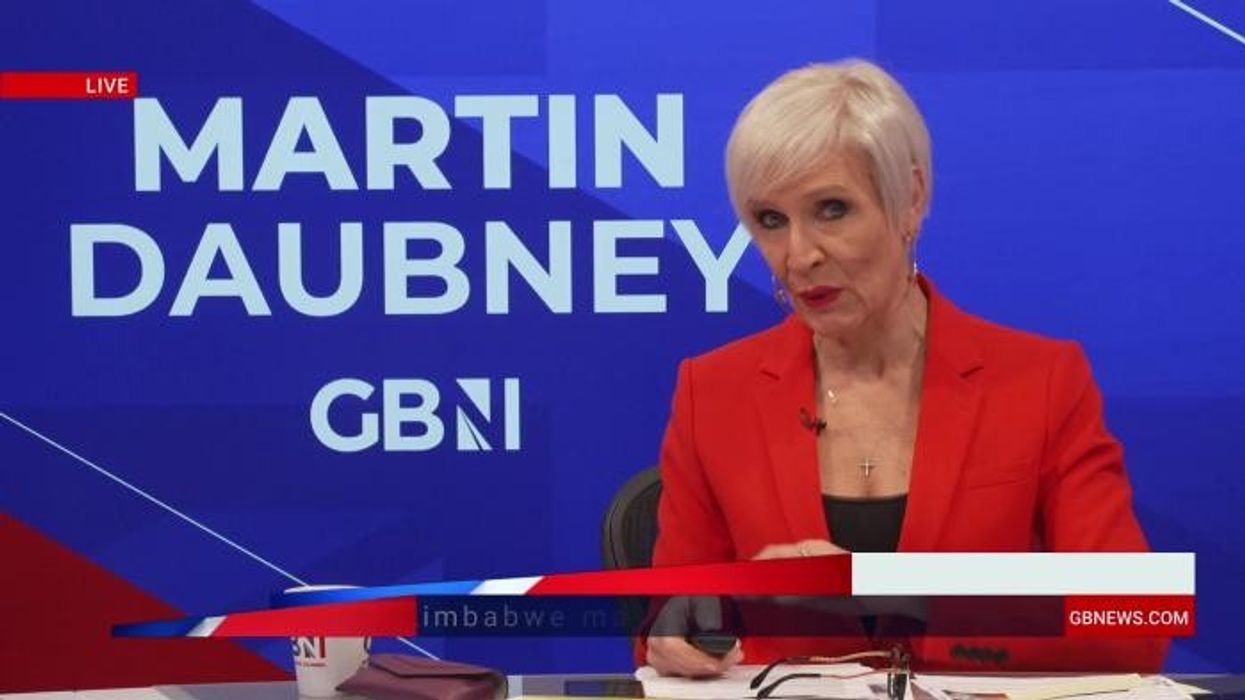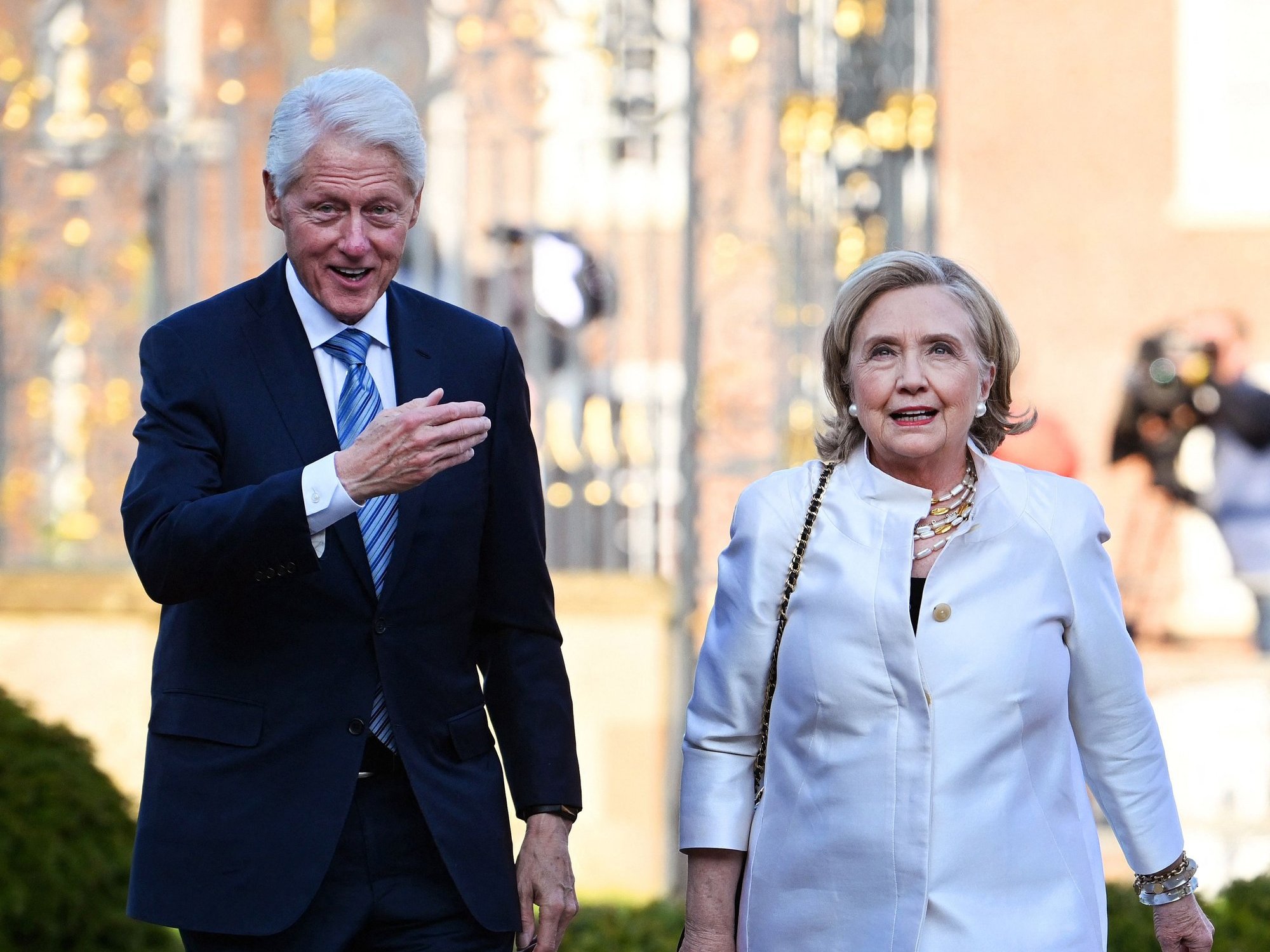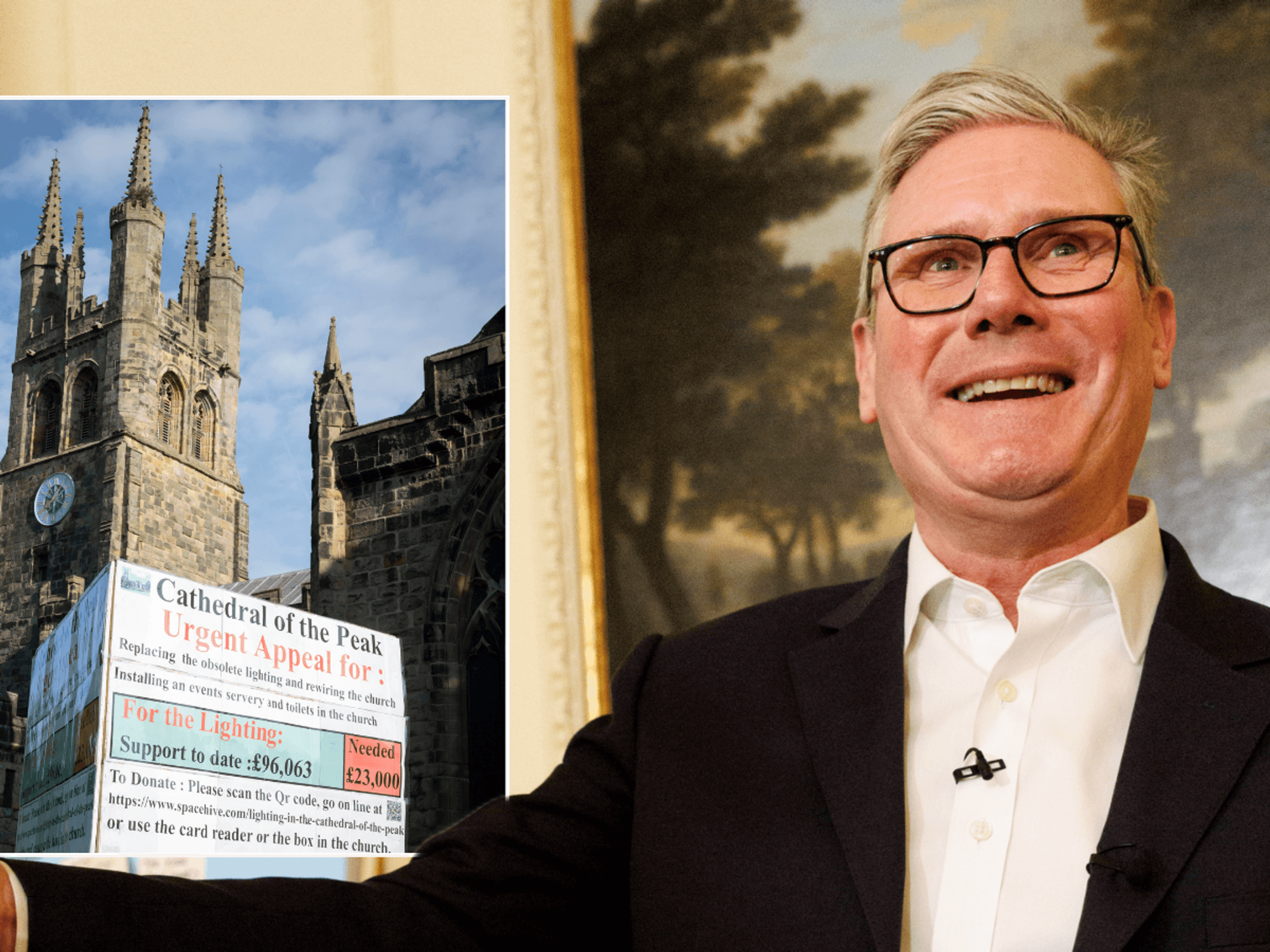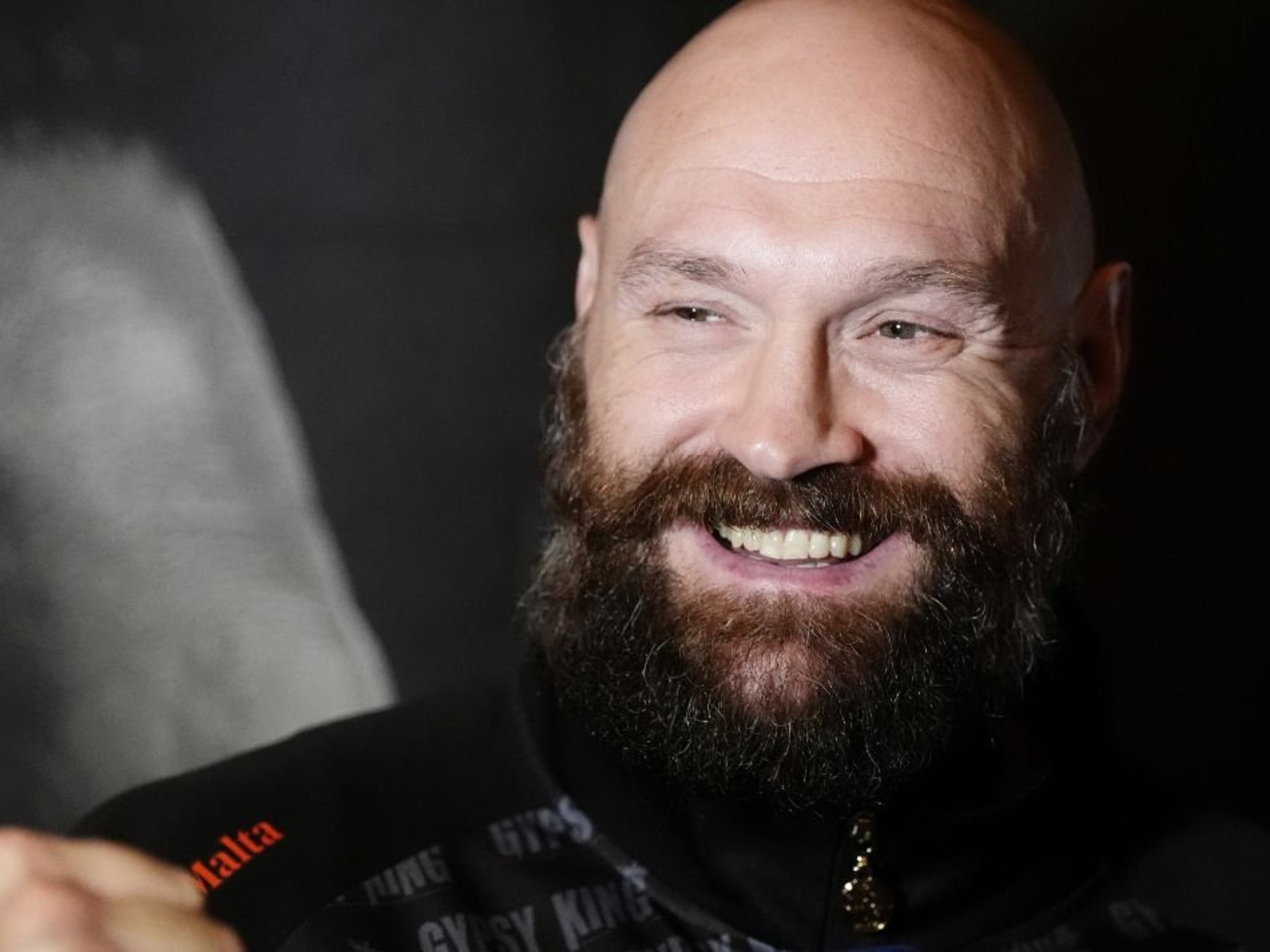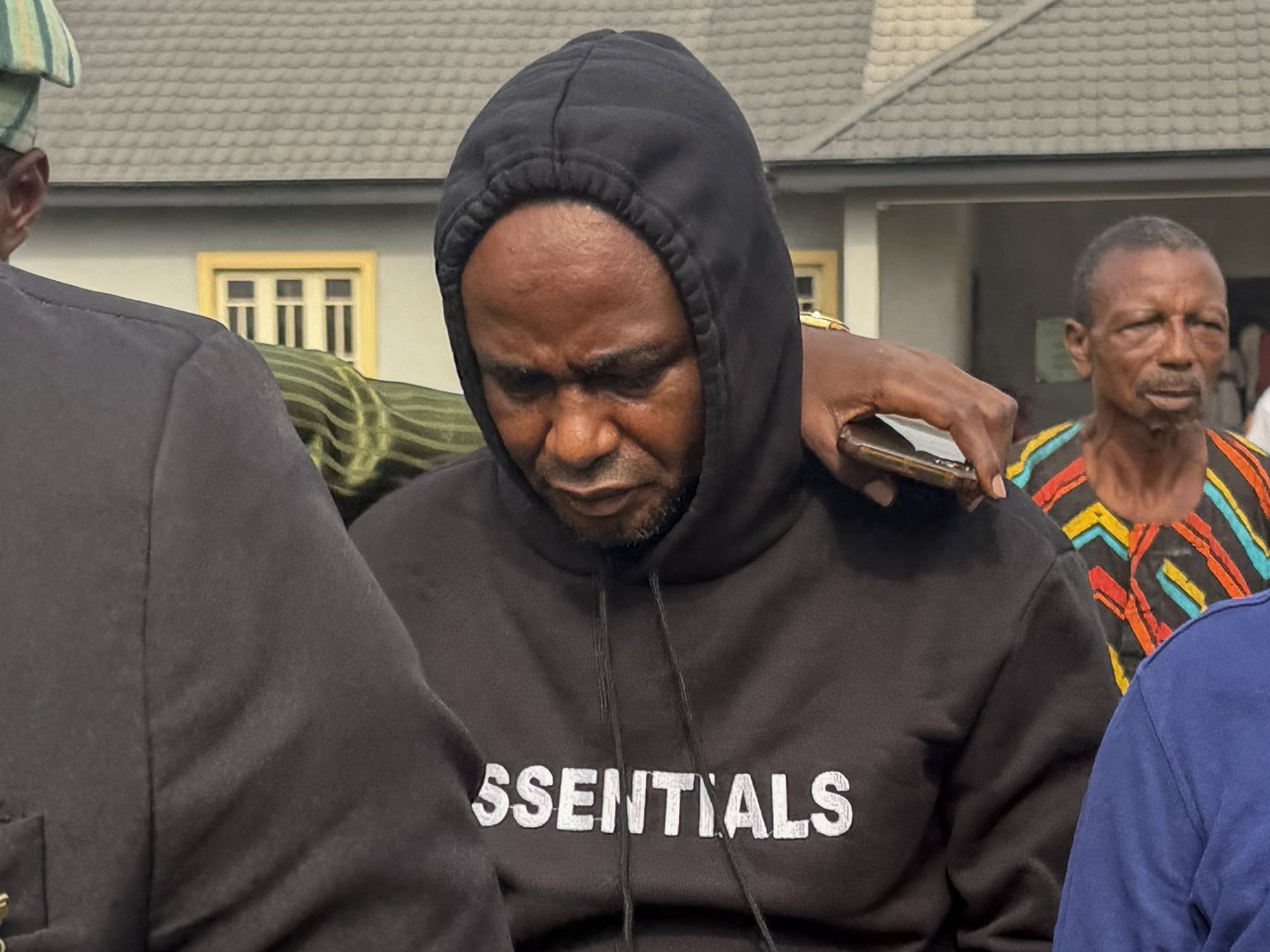'I represented Zimbabwe at three cricket World Cups, now I sing on cruise ships after fleeing country'

48-year-old has had a host of jobs after starring in the World Cup
Don't Miss
Most Read
Henry Olonga once played a starring role in the Zimbabwe cricket team , but now he lives a quiet life in Adelaide, Australia, far from the international spotlight that once shone on him as one of African cricket's most prominent figures in the early 2000s.
At 48, the man who represented Zimbabwe at three World Cups pursues a singing career that sees him performing on cruise ships and in small venues, from retirement villages to bars with audiences as small as three people.
"I won't say I'm having the time of my life, because I just live a sort of drab, very predictable, boring life in some people's eyes, but at least it's honest, and I'm staying out of trouble," Olonga said.
His exile from Zimbabwe stems from his famous protest at the 2003 Cricket World Cup, when he and Andy Flower wore black armbands to mourn the "death of democracy" in their homeland.
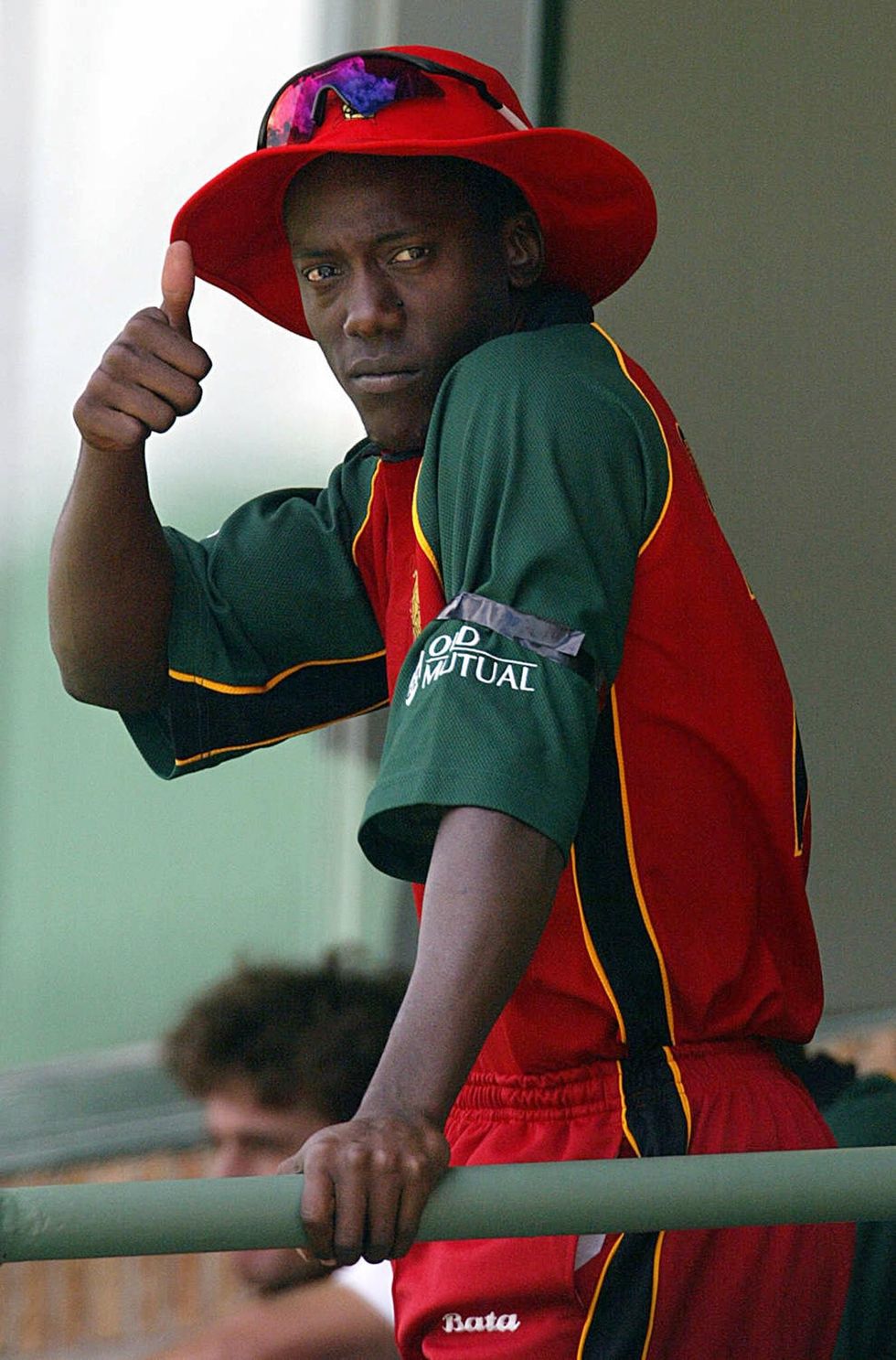
Henry Olonga can be seen wearing the black armband during the 2003 World Cup
|Getty
The protest began at Zimbabwe's first group match in Bulawayo and continued throughout the tournament, sparking immediate and vicious backlash.
Olonga received death threats and was thrown off the team bus. A Zanu PF official called him an "uncle Tom" and a man with a "black skin and white mask."
"I got slaughtered for it," Olonga reflected on his brave stance against Robert Mugabe's regime.
The consequences were swift and severe. Whilst Flower resettled in England and continued his cricket career, eventually coaching England to Ashes victory in 2010-11, Olonga's playing days were effectively over at just 27.
JUST IN: Multiple dead and many injured in terrifying stampede as IPL club title celebrations turn to horror
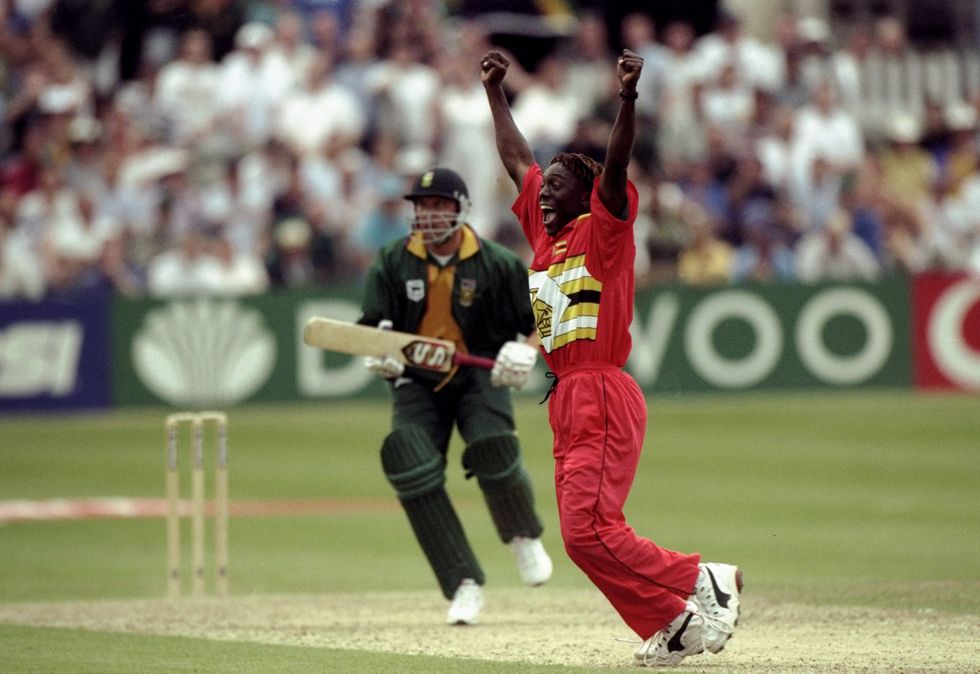
Henry Olonga was a star for Zimbabwe
|Getty
He was forced to flee Zimbabwe immediately after the tournament. The first black Zimbabwean Test cricketer, who had made his debut aged 18, would never return to his homeland.
The personal cost of his exile extends beyond his cricket career. Olonga has not seen his father, now in his mid-80s and still living in Zimbabwe, for more than 20 years.
He explained: "I've started a new life. I think like a Westerner now. I live in Adelaide where things just work."
Olonga now makes ends meet through a combination of cricket commentary, coaching and his music performances. He recently worked as a summariser for Test Match Special during Zimbabwe's Test match at Trent Bridge.
READ MORE: Government 'knew' Roman Abramovich's billions from Chelsea sale would never reach Ukraine
He said: "I've done all sorts of jobs. I've cleaned people's boats. I've done public speaking, as in motivational talks, after-dinner talks."
His singing career includes performing on cruise ships, which he acknowledges with characteristic humility.
"It's not necessarily the peak of music performance being on a cruise ship. In fact, some people think that singers go to die on cruise ships," he continued.
"But I don't mind that. I don't have an ego about my music. I sing in little retirement villages, I've sung to school kids, I've sung in little bars in front of three people. I just love singing. I love performing."
LATEST SPORTS NEWS:
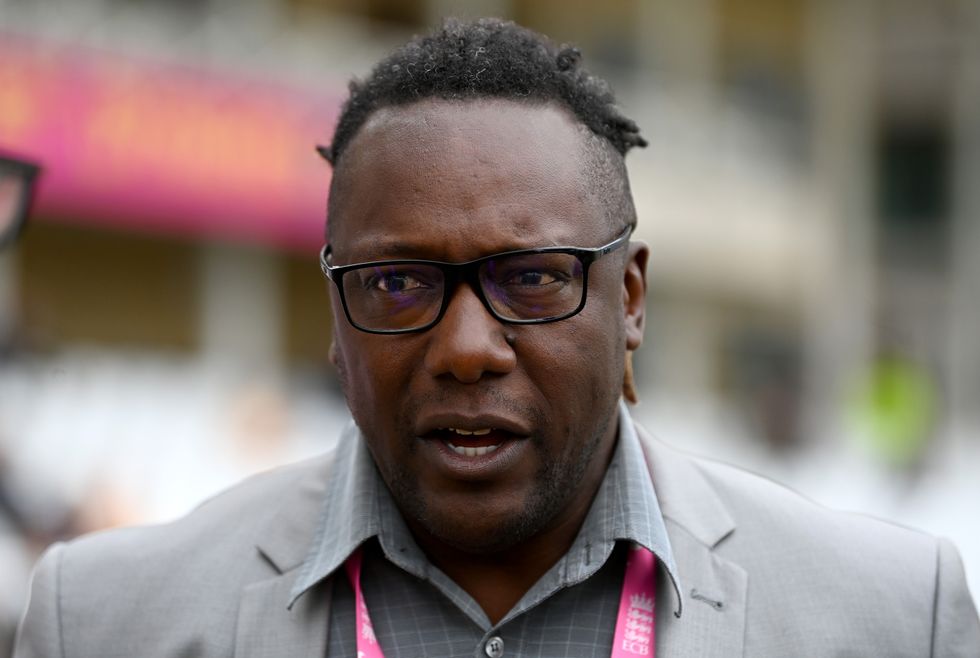
Henry Olonga recently worked as a Special commentator during day three of the Rothesay Test Match between England and Zimbabwe
|Getty
Despite the hardships, Olonga stands by his decision to protest: "That cost doesn't translate to regret. I still stand by what I did. Did it make a tangible difference on the ground to anybody? Probably not."
He acknowledges he was perhaps naive to the consequences that would change his life forever.
"I'm always dealing with the fallout. I daily deal with the idea that some people view me as a guy who couldn't just play the game, he had to bring politics into sport."
At 48, he describes himself as "washed up" and "over the hill," but remains philosophical about his path.
"I'm revisiting that music path and let's see where it ends up," he said, having chosen conscience over career all those years ago.


